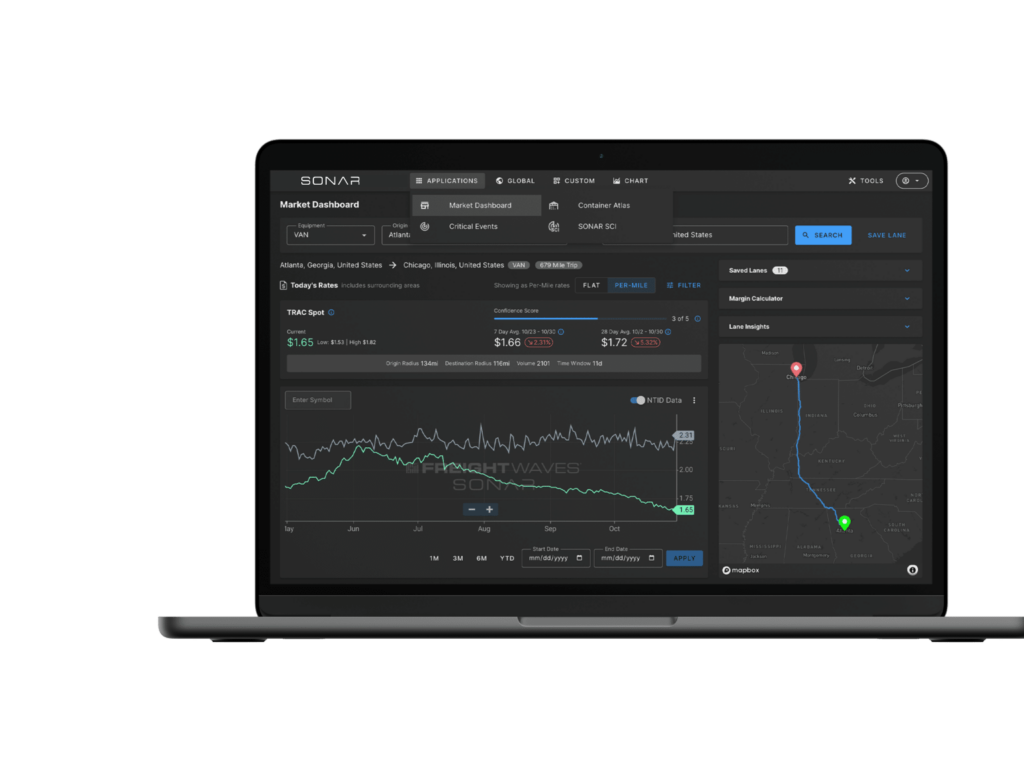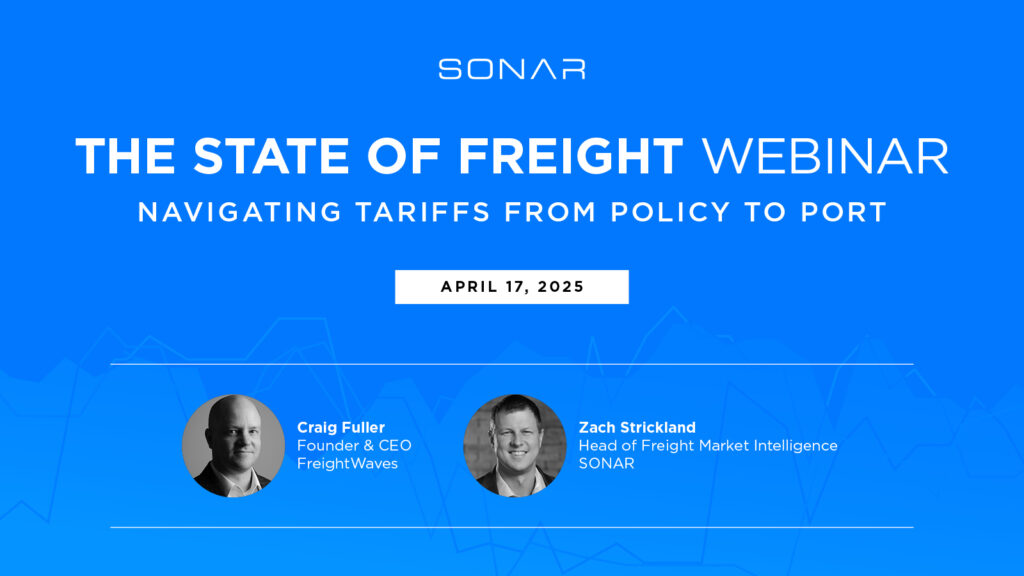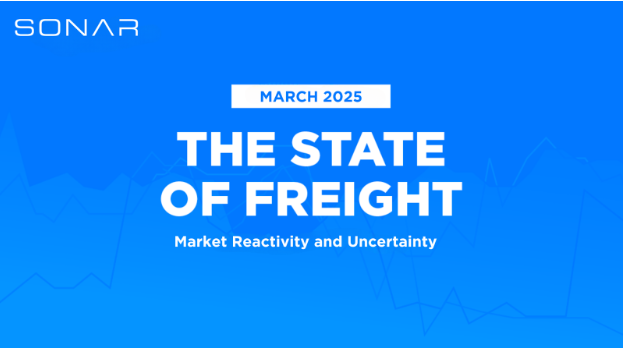When it comes to establishing truckload freight quotes for customers, it is essential to use automation to get the most accurate results and offer the most competitive freight rates. Transportation networks rely on timely rate estimates that are competitive while also being profitable. Creating quotes the old-fashioned way opens supply chains to several problems that can affect bottom-line profits and customer satisfaction. Since the industry is heading towards near-full automation and digital transformation, automated freight quotes will naturally lend themselves to improved back-office management. To that end, let’s take a closer look at the value of truckload freight quotes that use automation.
Problems with truckload freight quotes when using outdated information
The problems that trucking companies face when providing manual truckload freight quotes include long response times, hold and wait times, slow email, voice mail delivery, and human error. Along every step of the shipping process, there can be wasted resources and misused time. It doesn’t seem like much, but most shipment quotes will require multiple verifications, check-ins and troubleshooting. And obviously, it’s not completely manual, relying solely on faxes and the phone. But it does carry the stress of reviewing rates and trying to figure out the best rate for a given quote request. It can quickly accumulate into hours of wasted time. That can even happen on a good day where things go as planned; on a bad day, it can be devastating.
Automated truckload freight quotes reduce delays
It is important to remember the most common issues and delays that trucking operations face will happen across the entire fleet. Each day, every truck and potentially every order can experience delays and issues of some kind. Supply chains, while redundant, are prone to risks and delays. Even when all operations line up just so, it can still fall apart. For brokers and carriers, freight is literally their business and automated processes are essential. The key to reducing issues and overcoming the obstacles is to automate the process of managing truckload freight quotes. According to Transport Topics, “Automation isn’t just for trucks. There was plenty of evidence at the Transportation Intermediaries Association Capital Ideas conference and exhibition that [automation] is also going to change shippers and the ways third-party logistics companies manage freight.” And as automation makes its way through the industry, all delays should decline.
Additional benefits of automated quoting processes
Streamlining the process of generating quotes and estimates avoids hiccups and builds out additional benefits. A few leading ways that automation improves freight quote accuracy every day include:
- Visibility. Accurate truckload freight quotes require end-to-end transparency and supreme visibility along the entire shipping process. Without visibility, it’s impossible to know whether a load is lucrative and easy to cover.
- Speed. Faster response to customer inquiries and concerns by leveraging quick real-time freight data allows shipping managers to fill orders and delivery slots. Automated processes help minimize downtime across the board.
- Most lucrative loads. By knowing current shipping expenses, trends and competitor rates, managers can better select and organize freight loads. Maximized loads and hastened delivery times improve overall ROI.
- Seamless reporting. Ever-changing regulations and requirements for shipping and deliveries make it more important than ever to stay on top of things. Seamless reporting and automated services make it possible.
- Use of connected, IoT-enabled systems. Using multiple systems makes it easier to improve shipment tracking and processing, both internally and externally. That allows for a better view of what is happening in real-time.
- SaaS options for customers. Supply chain managers, service providers and other team members can all benefit from SaaS-based services. Overall, they are easy to implement and have lasting impacts on shipping success without the sky-high costs of legacy resources.
- Stronger supply chain relations. Having up-to-the-minute data, properly processed information, and robust freight analytics can improve stability within carrier networks, brokers and shipper relationships. From this base, managers can negotiate truckload freight quotes more efficiently.
Boost the value and efficacy of freight quoting with freight forecasting at your disposal
Times are changing, and competition is getting fiercer throughout the transportation industry. Staying current with automated truckload freight quotes is essential to staying ahead of the game. And it all goes back to the need to connect the full supply chain, aggregate and analyze data, and apply actionable insights to increase freight quote accuracy.
Request a FreightWaves SONAR demo online today to see how it can help you get the edge in the shipping and transportation game.








